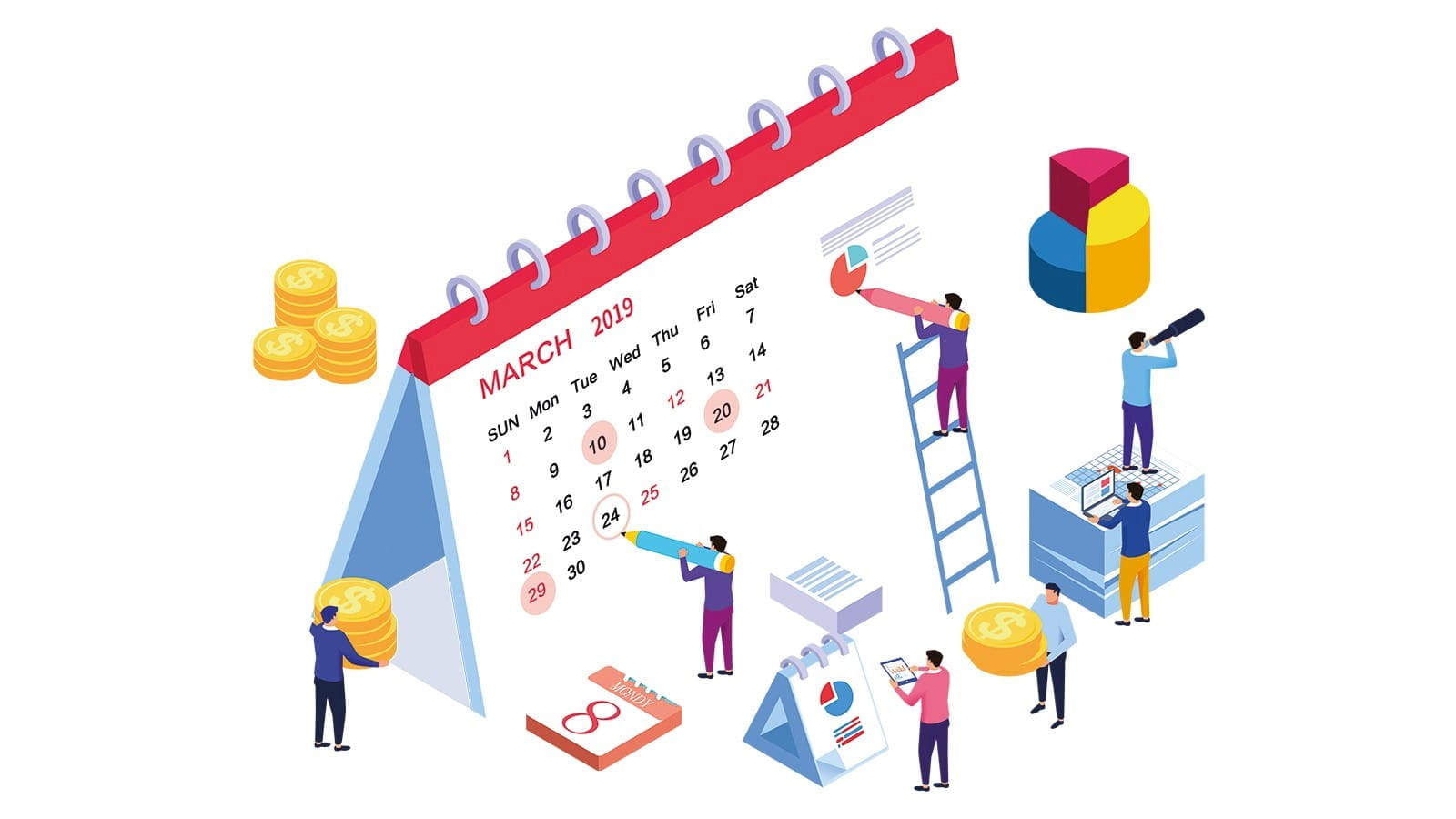Lindsey Wicks outlines four things to consider ahead of basis period reform.
Business owners (sole traders, partners of trading partnerships and members of LLPs) who pay income tax on their trading profits are currently subject to the basis period method of taxation. The general rule is that for a business with a 12-month accounting period, the business owners are subject to income tax (and class 4 national insurance contributions (NIC)) for a particular tax year on (their share of) the trading profits for the accounting period ending in that tax year.
This is changing. From 2024/25, business owners will be taxed on profits arising in the tax year. For businesses with an accounting period end that differs from 5 April (or any time between 31 March and 4 April), it will be necessary to calculate the profits of two (or potentially more) accounting periods to determine the profits attributable to a particular tax year.
Tax year 2023/24 will be the transition year. Businesses with an accounting period end differing from the tax year end will be taxed on more than 12 months’ worth of profit, reduced by deducting any brought forward overlap profits. In most cases, the 2023/24 basis period will start immediately after the end of the basis period ending in the 2022/23 tax year and will end on 5 April 2024. If the period is longer than 12 months, it will be split into the standard part (the first 12 months) and the transition part (the remainder). For example, the standard part for a business with a 31 December accounting year end would be the period from 1 January 2023 to 31 December 2023 and the transition part would be from 1 January 2024 to 5 April 2024. More detail can be found in TAXguide 02/22: Basis Period Reform.
It may not be commercially possible for a business to change its accounting date to match the tax year end. Where it is possible, this article highlights issues covered in the TAXguide that might influence the best time to make the change.
Can a change in accounting date be recognised for tax purposes?
The current rules on changing an accounting date still apply in the 2022/23 tax year. These rules state that no change of accounting date can be recognised in the first or second tax year of a trade. A change of accounting date in the third tax year is only possible if it falls more than 12 months after the end of the basis period for the second tax year of trading.
In the fourth and subsequent tax years, a change in accounting date is recognised for tax purposes only if:
- the period of account does not exceed 18 months;
- notice is given in a self assessment return for the tax year of change before the filing deadline; and
- the latest change is made for commercial reasons if there has been a change of accounting date in the previous five years that resulted in a change of basis period. Those reasons must be set out in the self assessment return.
See the appendix in the TAXguide for more information.
Are there losses?
Given the current levels of inflation, some businesses expect their profits to fall or to make losses if they cannot pass cost increases on to customers.
If deducting overlap profits on a change in accounting date creates or enhances a loss, that loss is available for loss relief in the normal way (see HMRC’s Business Income Manual at BIM81085). Note that special rules will apply in the transition year only. If the deduction of overlap profit turns the overall result for 2023/24 into a loss, or increases a loss, the terminal loss relief rules can be applied. The amount that can be relieved under the terminal loss relief rules is the lower of the actual loss for 2023/24 and the amount of the overlap profits deducted in 2023/24 (see examples 7 and 8 in the TAXguide). Consider how best to claim loss relief.
Is it better to spread transition profit?
Changing accounting dates might mean that more taxable profits arise in the year of change, particularly if the business has become more profitable over time so that the additional profit to be charged exceeds overlap profits.
In the 2023/24 transition year only, if transition profit remains after the deduction of overlap profits, it is possible to spread some or all of this over five tax years (see example 9 in the TAXguide). The amount that can be spread is the lower of:
- the overall profits for 2023/24; and
- the transition profit less the deduction for overlap profits.
It will generally be better for a business to have more than 12 months of profit assessed in the transition year because it is only possible to apply the spreading provisions in that year.
How will results be allocated in 2023/24?
An actual accounting date that matches the end of the standard period in the 2023/24 transition year could alter how profits or losses are allocated between the standard period and transition period. If business profits don’t arise evenly throughout the year, this might change the amounts available for terminal loss relief or the amount of profit that can be spread (see examples 3 and 4 in the TAXguide).
Businesses should undertake some profit estimating and calculate the impact of changing accounting date in 2023/24 (or not).
About the author
Lindsey Wicks, Technical Editor, Tax Faculty

